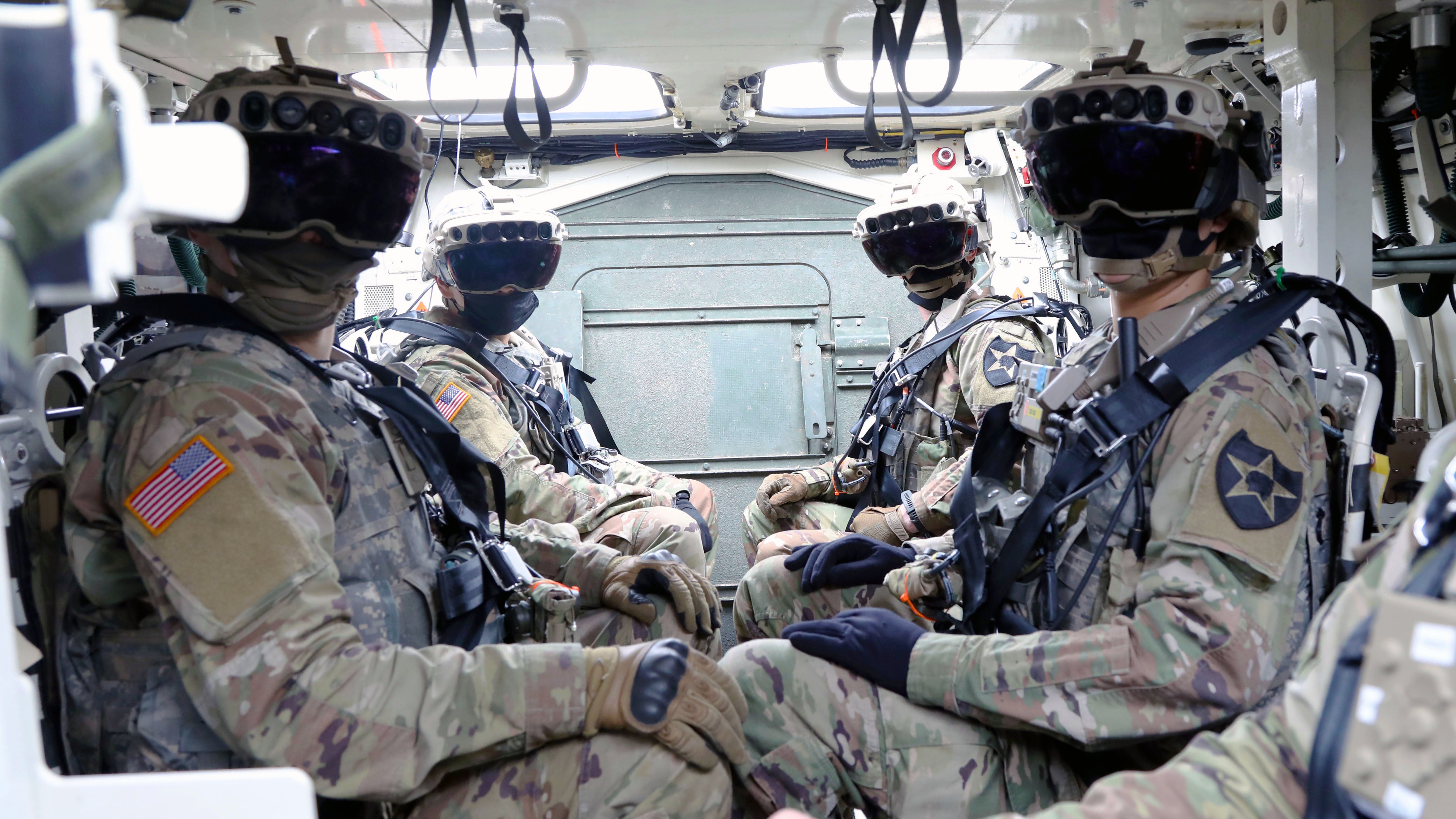Management Reform Doesn’t Always Save Money
Management Reform Doesn’t Always Save Money

Long-standing management challenges within DoD are strangling ideas, leading to short-term fixes that often cut too deeply into budgets and personnel without solving the problems, a Senate committee heard recently.
“A quick fix usually falls short and sometimes leads to new problems,” said Sen. Jack Reed of Rhode Island, the Senate Armed Services Committee chairman, who described management reform “as always a topic in the background.”
Peter Levine, a former DoD deputy chief management officer, said essential warfighting functions depend on smart management decisions. Even minor hiccups can reduce the availability in systems.
“It is important to get better,” he said, adding that few management-driven changes result in long-lasting improvements. “Legislation alone doesn’t solve anything,” said Levine, a former Senate committee staff member who is now an Institute for Defense Analyses senior research fellow.
“The Department of Defense is filled with hardworking, dedicated public servants, but they serve in a complex and often inefficient organization,” he said during the April 27 hearing.
The Government Accountability Office, the investigative arm of Congress, believes management reform could lower costs, reduce waste and result in better support for warfighters, said Elizabeth Field, director of defense capabilities and management at GAO. She blamed the lack of adequate data, differences in standards and a lack of empowerment for managers as hurdles to overcome.
Cross-functional teams, like those being used by the Army in its transformation and modernization, could work if decisions are based on common data points with teams empowered to make recommendations that don’t get dismissed, Field said.
“Management reforms do not always yield savings. Sometimes it leads to more efficiency,” Levine said. Good reform could also have a higher cost, he said, giving the hunt for better talent in the civilian workforce as an example of where money could make a difference. “We should think of investing in our workforce,” he said.

